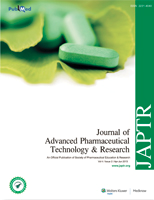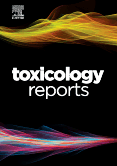
Some scientists raise their eyebrows when they see a paper was accepted only a day or two after being submitted — which is exactly what happened during an academic debate over a controversial topic: e-cigarettes.
In 2015, a group of Harvard researchers published a paper in Environmental Health Perspectives suggesting the flavoring added to e-cigarettes could be harmful; the next year, another group criticized the paper in the journal, noting the chemicals may not be as dangerous as the original paper claimed. The Harvard researchers then fired back, noting that the criticism cited two papers that were accepted within one and three days after submission, and therefore “appear not to have been peer reviewed.”
However, a little digging suggests otherwise.
The editor of the journal that published both of the cited papers in question — Toxicology Reports — told us the papers were peer reviewed at Toxicology, but transferred to his journal as part of a process known as portable peer review.
Here are more details from Lawrence Lash, editor-in-chief of Toxicology Reports from Wayne State University School of Medicine in Detroit, Michigan: Continue reading A paper on chemical safety was accepted one day after submission. Was it peer reviewed?
 The BMJ has released a detailed correction to a much-debated article critiquing the expert report underlying the U.S. dietary guidelines.
The BMJ has released a detailed correction to a much-debated article critiquing the expert report underlying the U.S. dietary guidelines.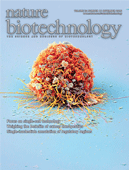

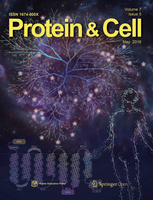 A
A 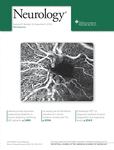 A new analysis of more than 30 clinical trials co-authored by a bone researcher based in Japan is casting doubt on the legitimacy of the findings.
A new analysis of more than 30 clinical trials co-authored by a bone researcher based in Japan is casting doubt on the legitimacy of the findings.
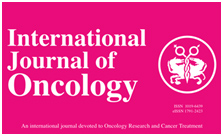 Researchers have retracted their third paper due to missing original data, following an investigation at their former institution in New York.
Researchers have retracted their third paper due to missing original data, following an investigation at their former institution in New York. 